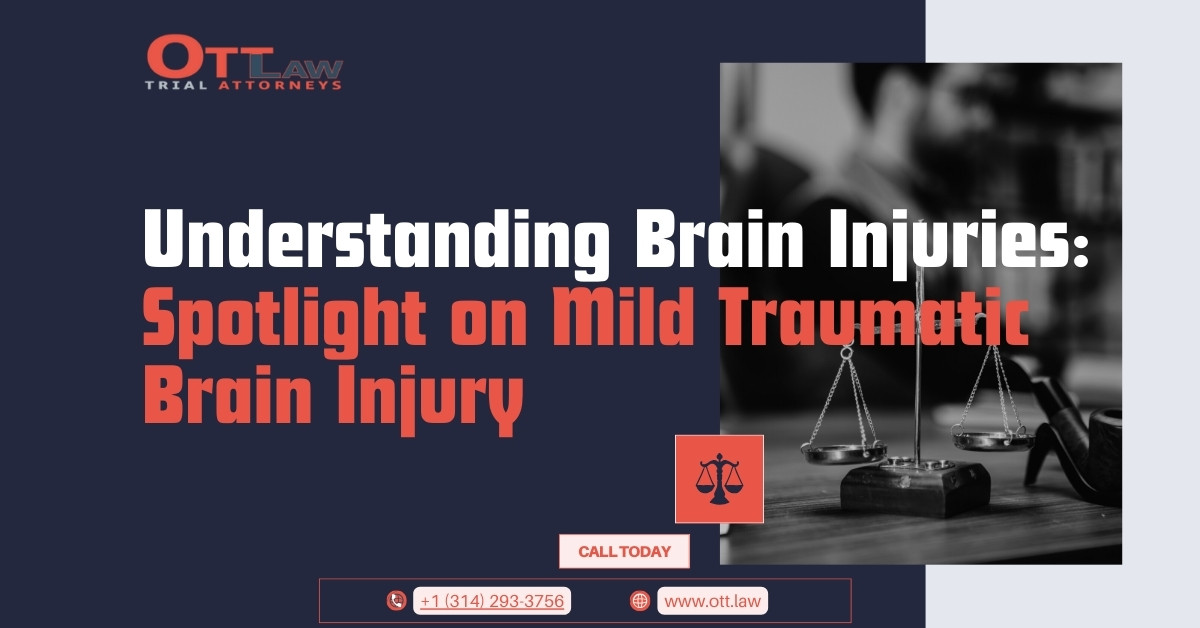At the heart of the modern medical discourse surrounding neurological health lies the topic of brain injuries. As these injuries can manifest in a multitude of ways, it’s essential to understand their classifications. One of the most common yet misunderstood types is Mild Traumatic Brain Injury (MTBI).
Diving Deeper: What Exactly is Mild Traumatic Brain Injury?
Often, when one thinks of a traumatic brain injury, dramatic images come to mind: car accidents, severe falls, or other significant impacts. However, not all traumatic brain injuries are that pronounced. MTBI, as the name suggests, is a milder form of brain trauma, but its effects can still be profound.
MTBI: Not as “Mild” as It Sounds
Despite the moniker “mild,” MTBIs can have a considerable impact on an individual’s daily life. They might not always be life-threatening or immediately noticeable post-incident, but their cumulative effects can lead to significant cognitive, physical, and emotional challenges. Symptoms may include:
- Cognitive: Memory problems, difficulty in concentrating, and decision-making challenges.
- Physical: Headaches, dizziness, blurred vision, and fatigue.
- Emotional: Mood changes, irritability, depression, or anxiety.
Causes of MTBI
Mild Traumatic Brain Injuries can result from a variety of incidents:
- Falls: Slipping in the bathroom, tripping on stairs, or other seemingly minor accidents can result in MTBI.
- Vehicle-related Accidents: Even low-impact or slow-speed accidents can lead to a mild traumatic brain injury.
- Sports Injuries: Concussions, a form of MTBI, are frequently reported in contact sports.
- Assaults: Physical altercations, even if not overly violent, can cause MTBI.
Seeking Care and Moving Forward
If you or a loved one suspect a mild traumatic brain injury, it’s crucial to consult with a medical professional. Early diagnosis and intervention can pave the way for a smoother recovery journey. Remember, while MTBI might sound “mild” in nature, its impact on an individual’s life can be anything but.














